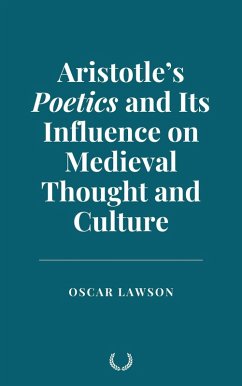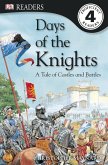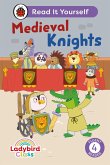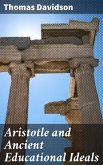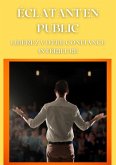The first part of the book focuses on the reception of the Poetics in the medieval period, examining how scholars like Thomas Aquinas and Albertus Magnus engaged with Aristotle's ideas to shape scholastic thought and literary criticism. The adaptation of catharsis as spiritual purification and the use of mimesis in religious and allegorical drama are explored, showing how medieval thinkers saw literature as a reflection of both human and divine orders.
The second part of the book delves into the Renaissance revival of Aristotelian ideas, highlighting key figures such as Lodovico Castelvetro and Sir Philip Sidney. Renaissance humanists reinterpreted Aristotle's Poetics to support the emerging literary ideals of the time, focusing on the importance of plot structure, character development, and the moral function of drama and poetry. The book also explores how Renaissance dramatists like Shakespeare and Marlowe applied Aristotelian principles to create works that engaged audiences emotionally while presenting complex ethical dilemmas.
By tracing the evolution of Aristotelian thought from the Middle Ages through the Renaissance, this book demonstrates the enduring relevance of the Poetics in shaping Western literary tradition. It highlights how Aristotle's concepts of narrative unity, emotional engagement, and imitation were adapted to serve the moral, intellectual, and artistic goals of both medieval and Renaissance literature, leaving a lasting legacy on the development of literary theory.
Dieser Download kann aus rechtlichen Gründen nur mit Rechnungsadresse in A, B, CY, CZ, D, DK, EW, E, FIN, F, GR, H, IRL, I, LT, L, LR, M, NL, PL, P, R, S, SLO, SK ausgeliefert werden.
Hinweis: Dieser Artikel kann nur an eine deutsche Lieferadresse ausgeliefert werden.

